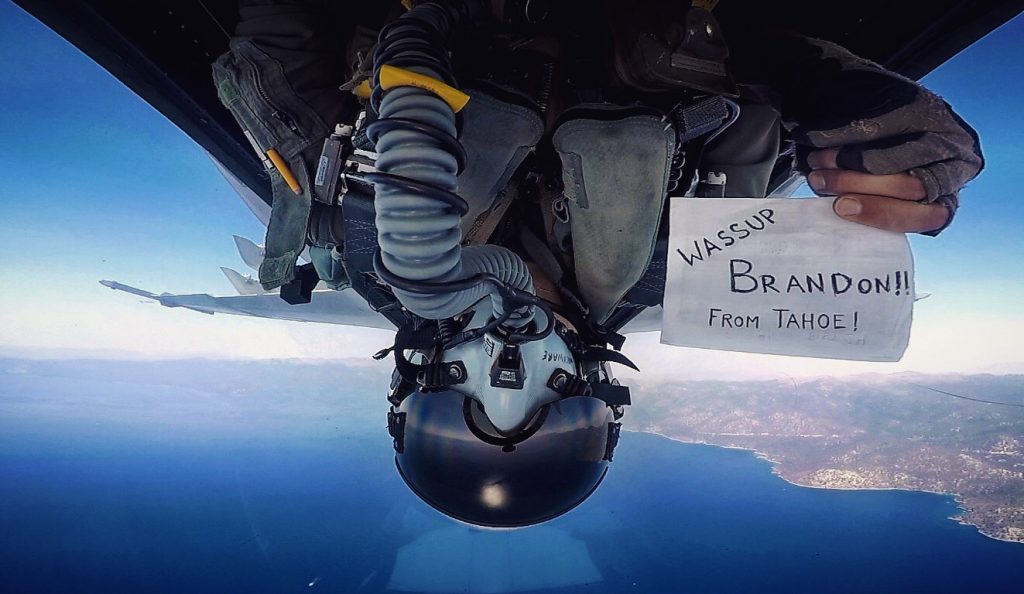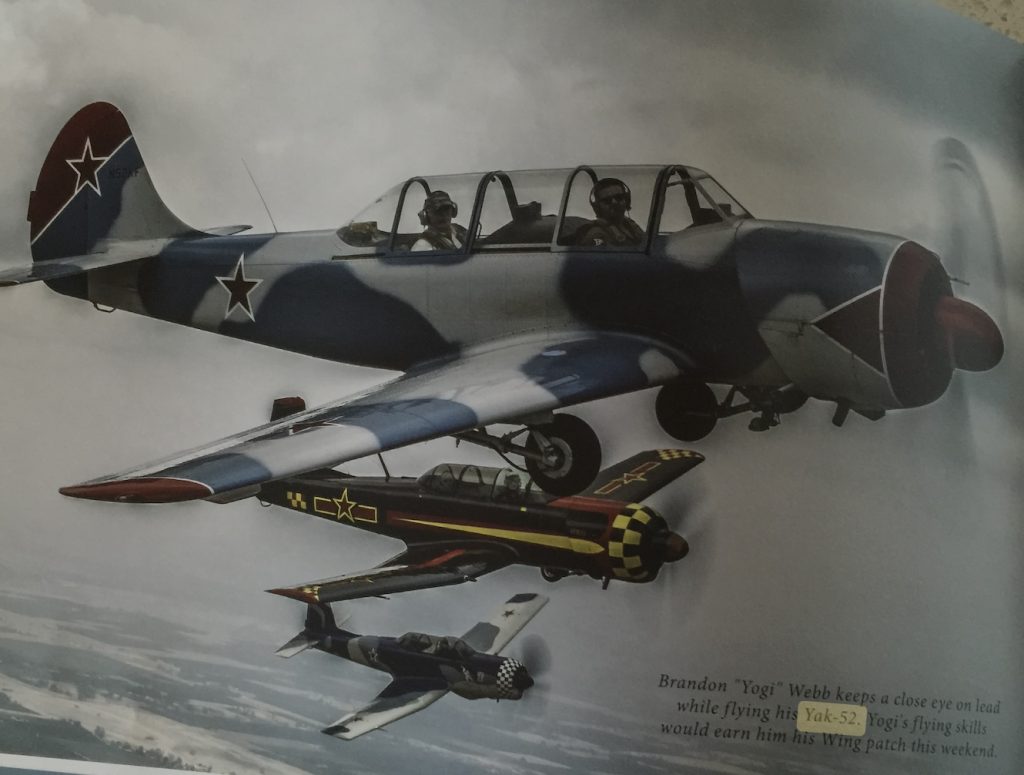I responded to Jocko that one day, when he was out of the Navy, maybe he’d understand.
Maybe now he does.
While I have injuries I’m dealing with, thankfully, most seem to be just joint-related. My back and shoulders ache, and my right hip is being held together by my pilates lessons.
But I’m one of the lucky ones.
I can still hold a thought, unlike our current President.
It’s also one of the reasons I love writing; it doesn’t give me back pain.
In the Teams, we fire so many rounds in training, put our bodies through hell, conduct live explosions, and are exposed to repeated back blasts from shoulder-fired rockets like the Carl Gustaf. I remember hearing that one SEAL platoon fires as many live rounds per year as is allotted to the entire Marine Corps.
It now appears by a recent study published in the New York Times that this type of blast exposure leads to brain fog, memory loss, and worse.
The aftermath has been an epidemic of SEAL suicides.
“He was an explosives expert in the elite SEAL Team 6, exposed to thousands of blasts in training. After years of steady service, he went into a steep decline. He couldn’t sleep and was constantly misplacing things. Frustration would send him into a rage. He stewed over negative interactions in his squadron and started drinking before work.
“For all the years I’d known him, he had been such a capable man,” Ms. Mulder said. “He would wake up at six in the morning and get his workout. He was incredibly smart and organized and diligent. And then he just wasn’t.”
After years of trying to get help from doctors who largely overlooked the possibility of brain injury, Mr. Mulder took his own life at age 46.” -Excerpt,“Pattern of Brain Damage Is Pervasive in Navy SEALs Who Died by Suicide”
I’m glad to see that there’s a continuing effort by brave spouses of SEALs like, Jamie Metcalf, to illuminate the issues with brain damage affecting the community.
The thing that saved me was my love for my children and aviation. I was lucky enough to fall in with a group of former military fighter pilots in San Diego, CA, who took me in like a Mexican stray.

 (Photos: Top-Wingnut over Lake Tahoe. Bottom-My formation check ride with Condor in my backseat. Condor was a combat Phantom pilot in Vietnam and one of the first Top Gun instructors.)
(Photos: Top-Wingnut over Lake Tahoe. Bottom-My formation check ride with Condor in my backseat. Condor was a combat Phantom pilot in Vietnam and one of the first Top Gun instructors.)
Learning to fly formation and air combat in my Yak 52 with Bones, Paco, Frosty, Moto, Wingnut, Condor, and the rest of the Gents from, “Bonesfest” guys filled a huge post service gap in my life.
I’ll be forever grateful to these men for giving this orphaned SEAL a home.
I also witnessed the power of their strong aviator alumni communities that serve to help and support.
YPO.org and the Harvard Business School alumni have also been a huge help to me and my family, and I’m grateful for these two organizations for giving me so much.
The SEALs have nothing like this.
Establishing a strong SEAL alumnus would also go a long way to end the SEAL cannibalism that exists outside of active service, serve as a communications bridge, and create a system of support for former SEALs and their families when it’s never been needed more.
—
Disclaimer: SOFREP utilizes AI for image generation and article research. Occasionally, it’s like handing a chimpanzee the keys to your liquor cabinet. It’s not always perfect and if a mistake is made, we own up to it full stop. In a world where information comes at us in tidal waves, it is an important tool that helps us sift through the brass for live rounds.










COMMENTS